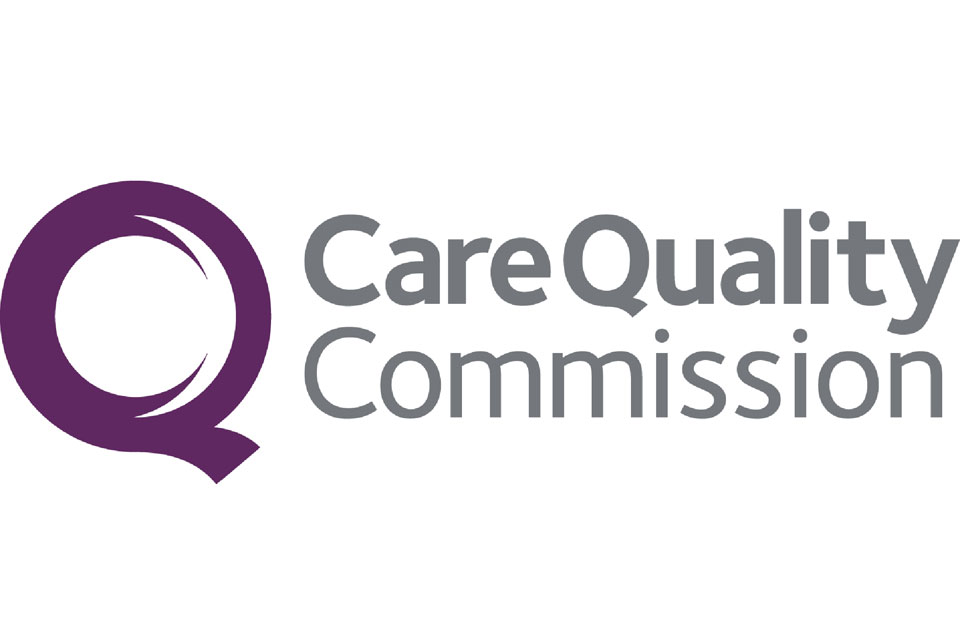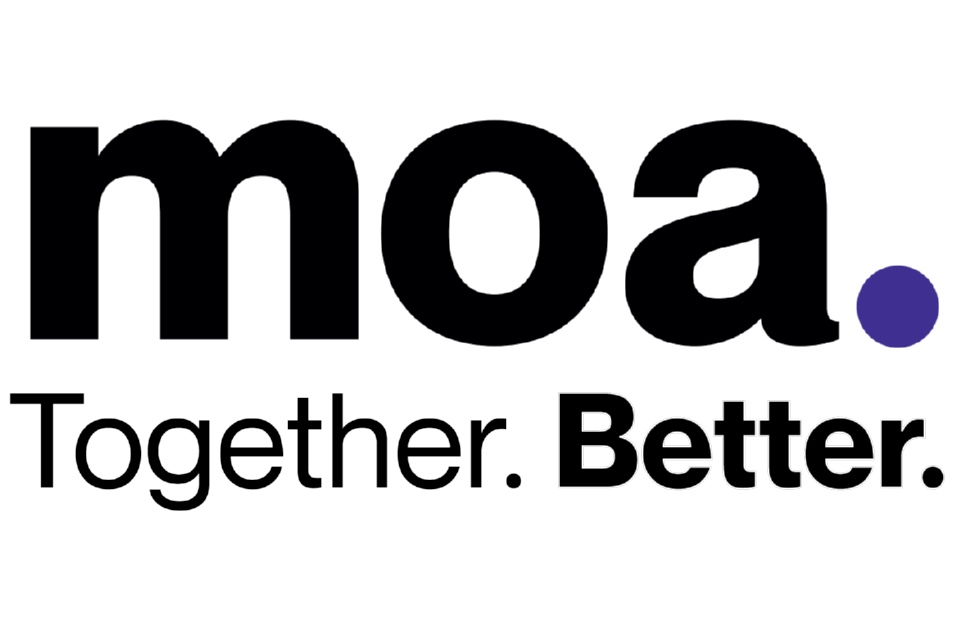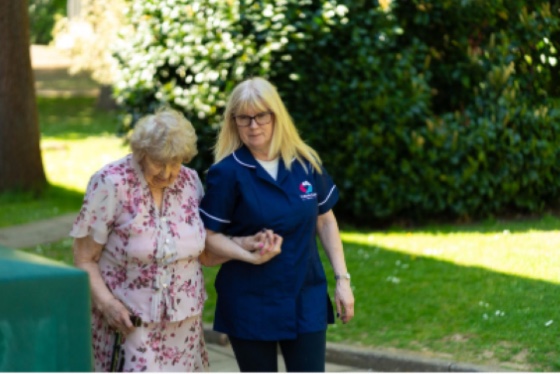The independent regulator of health and social care in England, the Care Quality Commission (CQC) has outlined fees that providers in health and adult social care in England will pay from April 2016.
The announcement comes following a public consultation last year and will cover the costs of their regulation. CQC’s regulatory functions are funded through fees paid by providers and by grant-in-aid from the Department of Health.
Government policy requires CQC to increase the fees that it has to charge registered providers, so that it can move towards fully recovering the chargeable costs of regulating health and adult social care in England.
During the public consultation CQC outlined proposals to achieve a full chargeable cost recovery for all of the sectors it regulates over a period of either two or four years, with the responses received by CQC in favour of the latter.
Following the Governments Spending Review the level of grant-in-aid available to CQC for the period 2016/17 means that to fulfil is statutory functions, CQC has had to opt for two-year option to the Secretary of State, except for dental home and care providers, with the secretary of State consenting to these recommendations.
The cost of regulation in each sector will have an impact as to the varying degree of charges CQC will charge providers, plus how close they are to full cost recovery.
Examples include:
• £451 increase for a care home with 26-30 residents
• £573 increase for a single-location community social care provider (such as a home care agency)
• £58,656 increase for an NHS trust with an income of £125 million to £225 million
• £1,849 increase for a single-location GP practice with 5,001-10,000 patients The two sectors furthest from full chargeable cost recovery are NHS GPs and the community social care sector (such as home care agencies).
• Home care agencies will be subject to fee changes on the basis of the four-year trajectory towards full cost recovery.
• The Government has recently announced additional funding for GP practices to cover the expense of the required increases to fees in 2016/17.
Because the full chargeable cost of regulation has already been recovered, general dental practices will continue to pay the same fees in 2016/17 as they did through 2015/16.
David Behan, Chief Executive of the Care Quality Commission, said: “We understand that the scheme that has been put forward is not the one the majority of those who took part in our consultation would have preferred.
“In order to achieve our requirement to the Government and commitment to the taxpayer, we need to work towards reaching full cost recovery while reducing our overall budget by at least £32 million.
“In May, CQC will publish its strategy for 2016-21, which will set out how we will be an efficient and effective regulator with fewer resources. It is important that while we make efficiency savings, we can continue to carry out our role effectively. Over the next five years we want to develop our approach so that providers of services get more value from the work that we do, by sharing data about the quality of services and highlighting good practice.
“The fee paid by providers is the charge for entering and remaining in a regulated sector. The public deserves nothing less than safe, high-quality and compassionate health and adult social care, and we must continue to act in their best interests.”
A calculator will be published on the CQC website to help providers work out their exact fees for 2016/17, alongside detailed fees guidance.







